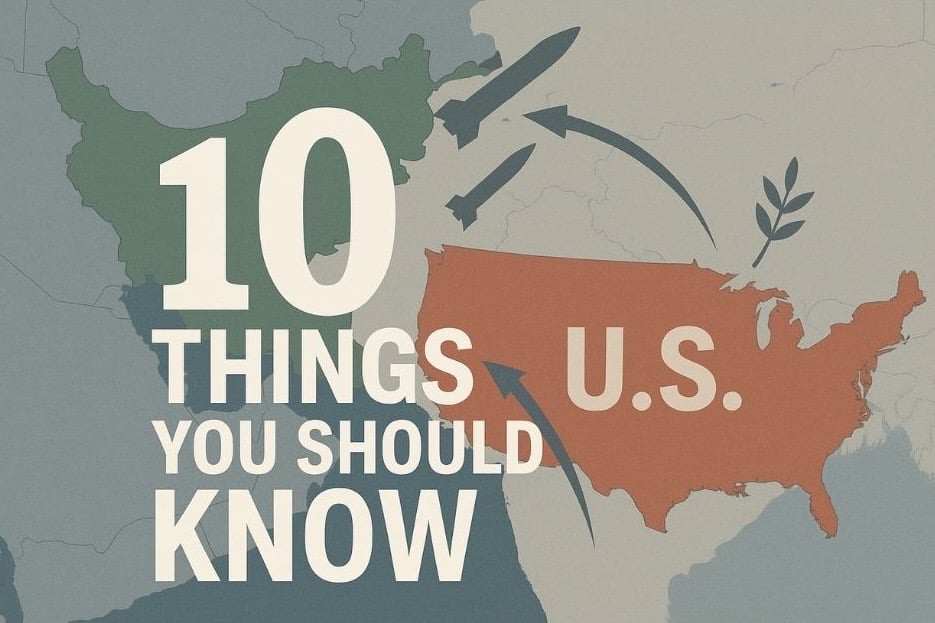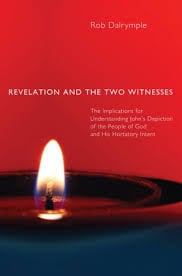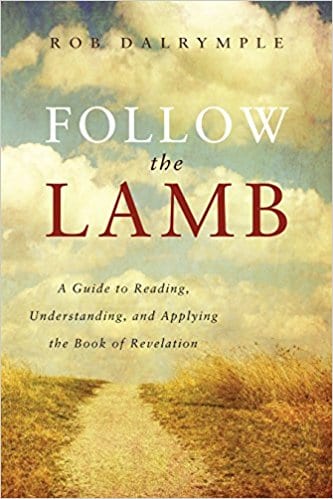 While many Christians advocate for the war with Iran and the US involvement, I say that such a war is illegal by both international and domestic laws and that it is deeply misguided from a biblical perspective.
While many Christians advocate for the war with Iran and the US involvement, I say that such a war is illegal by both international and domestic laws and that it is deeply misguided from a biblical perspective.
3 reasons why this is not good from Scripture
1) Violence begets violence
At the arrest of Jesus, one of His disciples, namely, Peter, takes out a sword to defend Jesus’ honor and hacks the servant of the High Priest’s ear off.
Jesus responds with a rebuke. “Put your sword back into its place,” Jesus says. Then He adds, “For all those who take up the sword shall perish by the sword” (Matt 26:52).
In Luke’s account, Jesus intensifies the demand, “Stop! No more of this” (Luke 22:51). Luke then adds, “And He touched his ear and healed him.” (Luke 22:51).
Not only does Jesus demand an end to the violence, but He stipulates that violence not only fails to solve the problem, it creates more violence.”
Suppose Israel and the US are going to attack Iran in order to disrupt Iran’s nuclear program. In that case, they do so only by ignoring one serious flaw in their effort: namely, that bombing Iran will only intensify the Iranian resolve to resist. It will likely motivate more Iranians to demand that the Ayatollah rescind the fatwa and permit them to make nuclear weapons.
Furthermore, John Mearsheimer and a host of international relations and military experts note that neither Israel nor the US has the capability of destroying Iran’s nuclear program. We may slow it down or even send it back a few years. But we will not and cannot end it.
So, if such attacks can only hinder their efforts while, at the same time, they may well escalate Iran’s resolve to acquire such weapons, then I dare say this attack is not wise.
After all, violence begets violence.
However, there is something even more significant in the Gospel accounts that we would do well not to overlook. Luke adds that Jesus “touched his ear and healed him” (Luke 22:51). Jesus not only demands an end to the violence, “Stop! No more of this” (Luke 22:51), but He reverses the effects of violence.
2) Be imitators of me
The question then becomes, “What is the role of the Church?” Are we not called to imitate Christ?

One of the arguments that I have made in several of my books is that the people of God (us, the church) in the book of Revelation are depicted as those who imitate Jesus!
(For those who are more academically minded, in my book, Revelation and the Two Witnesses, I argue that imitating Jesus is one of the primary features of the book of Revelation’s description of Christians (the people of God).)
(In Follow the Lamb, chapter 2 is a discussion of John’s description of the people of God in the book of Revelation).
I have also argued that our imitation of Jesus is exemplified in loving our neighbor. When we do this, we imitate God. Hence, “By this all men will know that you are My disciples, if you have love for one another” (John 13:35).
This is what Jesus means when He says, “But love your enemies, and do good, and lend, expecting nothing in return; and your reward will be great, and you will be sons of the Most High; for He Himself is kind to ungrateful and evil men” (Luke 6:35).
Don’t look past this verse too quickly. When we love our enemies, Jesus says, we are acting like God, who is also “kind to ungrateful and evil men.”
NB: This is the message of the book of Revelation. See my commentary, Revelation: A Love Story.
3) Peacemakers
Consequently, when Jesus begins His famed Sermon on the Mount by saying that His people are peacemakers (Matt 5:9), He means that this is the
 sort of people we must be.
sort of people we must be.
We are to be the advocates for peace. In fact, we are to love our enemies and even lay down our lives for them. And, when we do so, we imitate Christ and make Him known.
But nations can’t do this.
Exactly.
This is why there can never be such a thing as a Christian nation. And this is why nations need advocates for peace. They need to be reminded that the way of violence only escalates the violence. And nations need the people of God to bring healing and restoration. We need to put the man’s ear back on his head!
3 responses to “what about?”
1) There is a time for everything
Ah, but this is where I show my weakness, my ignorance. Clearly, I don’t know what I am talking about. After all, we all know that there is a time for everything. And that includes war (Eccl 3:8).
This assertion reflects how easily we can lose sight of the biblical narrative.
The author of Ecclesiastes is not advocating that there is a time for war any more than he is advocating for a time to kill (Eccl 3:3). The author sets forth what the world is like: that is, Ecclesiastes 3 is descriptive, not prescriptive. The author is not issuing a command.
Instead, the book of Ecclesiastes presents to us a view of the world from below, as Temper Longman might say (Ecclesiastes, New International Commentary on the Old Testament). From the perspective of the author (“under the Sun”), the world and everything in it are meaningless. Wars, killing, and such things happen, says the author of Ecclesiastes, and there is nothing we can do about it.
As it reads, the book of Ecclesiastes presents us with a longing for more. There must be another way. There must be something better than this.
And Jesus is the solution!
Invoking Ecclesiastes suggests that we still live in the era of the “sun” and not the age of the “Son.”
2) Wars are a sign of the times!
Um, no, they are not!
Wars have always been. When Jesus said there would be wars and rumors of wars (Mark 6; Matt 24), He was simply stating that life would continue on as usual for a time. That usual, unfortunately, includes the presence of wars.
But aren’t they increasing just like Jesus said?
NB: This leads to another conversation, which I will be addressing in our Revelation Revealed series. Subscribe to the Determinetruth YouTube page to stay alert to new posts—namely, that the Western worldview of progress assumes that progress is good!
The notion that an increase in wars will precede the coming of Jesus is not what Matt 24 depicts. For one, the allusion to birth pangs in Matt 24:8 relates to Jesus’ warning about the coming destruction of Jerusalem.
NB: No, I am not a Preterist.
The next verse relates to the disciples and their experiences, “Then they will deliver you to tribulation . . .” (Matt 24:9).
3) But the Bible says we must support Israel at all times?
You may have seen the exchange between Tucker Carlson and Ted Cruz. Cruz’s claim that he gets his political theory from the Bible is common among evangelicals. I will respond to this in both a livestream and in my post later this week (June 2025).
NB: I have also addressed this in my book, These Brothers of Mine. 
. . . To be continued.
NB: This post was getting too long. So I will release part 2 on Thurs June 25.
Make sure to subscribe to the Determinetruth newsletter on Patheos to receive email notification every time a new post is uploaded (note: this is not a traditional newsletter; it simply means you will be emailed every time a new blog is posted).
At Determinetruth, we work independently of any church or institution. This allows us to speak more candidly (shall we say “prophetically”). We refuse to put these posts behind a paywall, which hinders the poor from accessing the information. But we can only continue these posts with the support of those of you who can afford to give. So, if you can afford to give $5, $10, $25, or $1 million/month, please do so. You can provide a tax-deductible contribution by following this link. Choose “Rob” in the dropdown menu.
Please share this post and let others know about determinetruth.
If you wish to view this blog on your smartphone through the Determinetruth app, download the “tithe.ly church” app and insert “determinetruth” as the name of the church you wish to follow. Once it is loaded, click on the “blog” icon, and it will automatically load.













